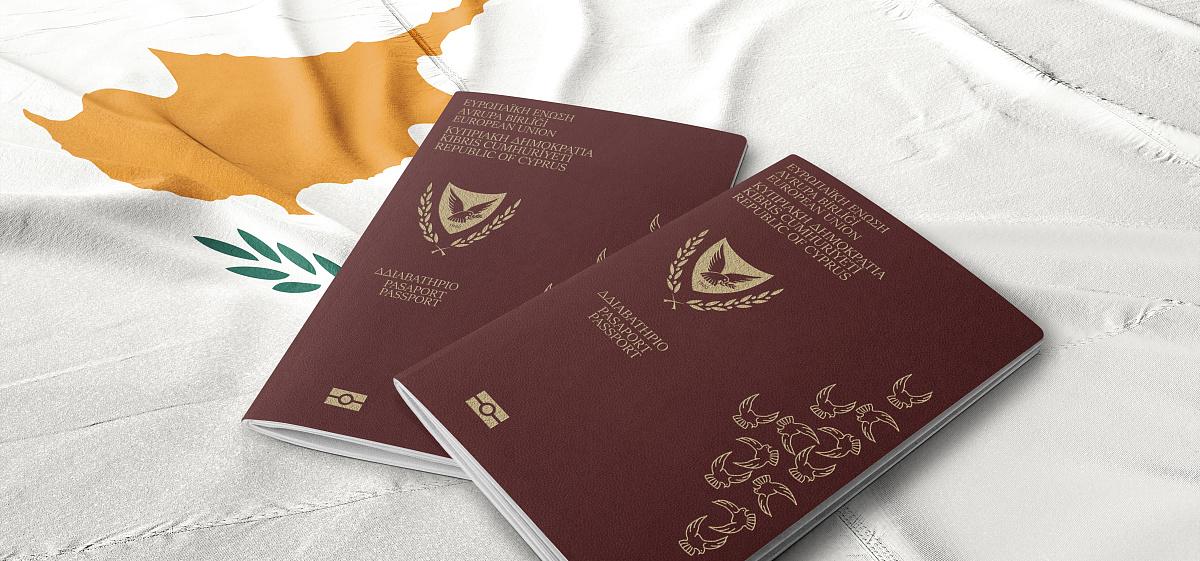Hearings have resumed in Cyprus in the case of the illegal issuance of 'golden' passports.
The latest hearing took place on Monday 16 June.
During the proceedings, defence attorneys emphasised that the Cabinet of Ministers had enjoyed complete freedom in approving applications for many years.
This was an attempt to divert attention from the defendants.
Two key figures in the case appeared before the Nicosia Criminal Court: former Parliament Speaker Demetris Syllouris and former AKEL MP Christakis Giovannis. The men face five charges. The main charges relate to criminal conspiracy to undermine the authority of the Republic of Cyprus and to influence a public official in violation of the Council of Europe Convention on Criminal Liability for Corruption.
During the hearing, lawyers cross-examined Christina Kaoulla, the former head of the naturalisation control department at the Ministry of the Interior, who was appearing in court as a key prosecution witness. Particular attention was paid to her work with statements made by Nikolai Gornosky, a former Gazprom top manager, and Jordanian businessman Almi Armush and his daughter Zainah.
The defence lawyers sought to have it recognised that, until August 2020, there was no clearly defined law or legal mechanism regulating the actions of the Cabinet of Ministers within the framework of the citizenship programme. The prosecution emphasised that this situation allowed officials to act at their own discretion.
Kaoula confirmed that it was only in August 2020 that secondary legislation introducing clearer rules for the scheme came into force. The programme was finally closed just two months after a high-profile Al Jazeera investigation that caused an international outcry.
Sillouris' lawyer, Chris Triantafyllides, argued that, at the time, decisions on granting citizenship were made exclusively by the Cabinet and that the Minister of the Interior had acted within his powers and was under no obligation to comply with demands from ministry officials. Triantafyllides also recalled a 2016 government decision that prohibited the consideration of applications from adult dependants until the citizenship of the main applicant had been approved.
He cited the case of Zainah Armush as an example. In October 2017, the legal services provider Fidescorp wrote to the minister requesting that Armush's application be considered before her father's citizenship was approved. Despite this contradicting the instructions in force at the time, the minister approved the application. The father's naturalisation followed only five months later.
Kaulla acknowledged that there had been several such cases, and that, in some situations, the Cabinet had ignored her objections regarding applicants' non-compliance with the criteria.
Giovannis' lawyer, Yorgos Papayiannis, asked the witness directly whether the Cabinet had approved the cases despite her comments.
Kaulla confirmed that such cases had occurred.

Recall that the scandal received widespread attention in October 2020 when television channel Al Jazeera released an investigative documentary.
In the documentary, undercover journalists posed as representatives of a fictional Chinese businessman with a criminal record who was seeking to obtain a Cypriot passport. The film showed Sillouris, Giovannis and other officials allegedly expressing their willingness to assist in the naturalisation process despite the client's criminal background.
Following the release of the film, Sillouris and Giovannis resigned. The subsequent investigation revealed that more than half (53%) of the 6,779 passports issued under the investment scheme had been granted illegally.
Hearings in the case are ongoing. The next hearing is scheduled for Tuesday. This high-profile trial is attracting significant public attention and is considered one of the most important tests of transparency in public policy in recent years.
